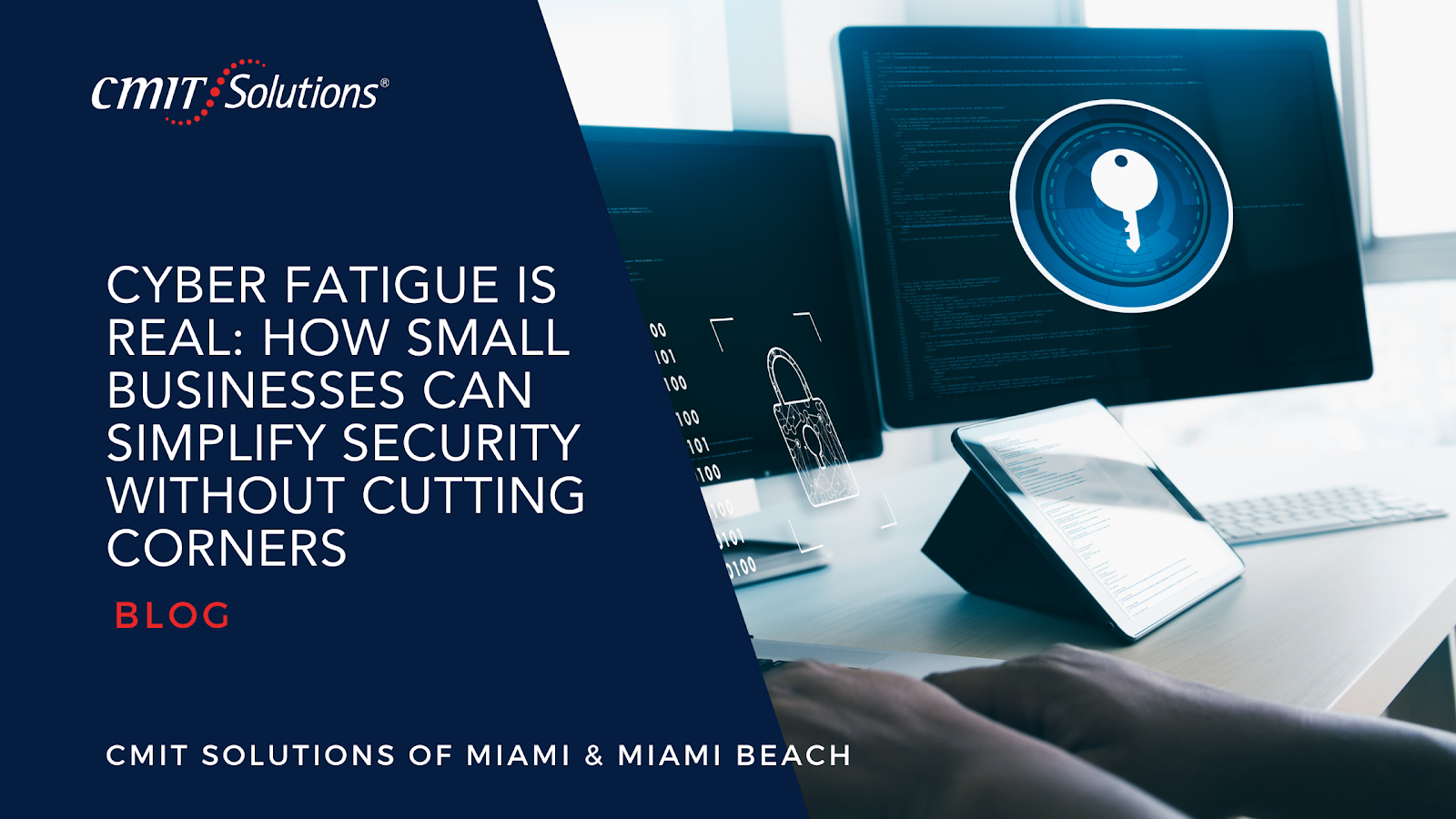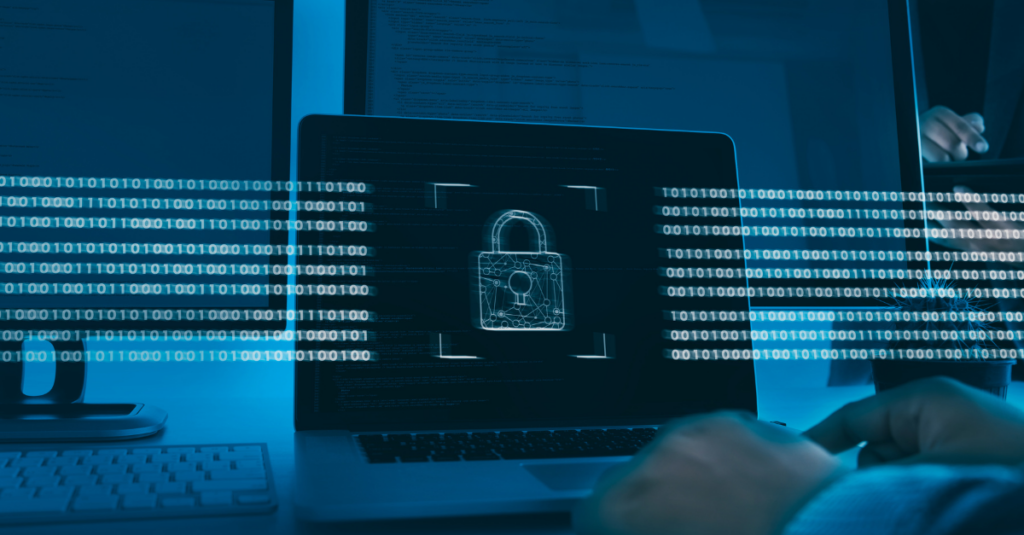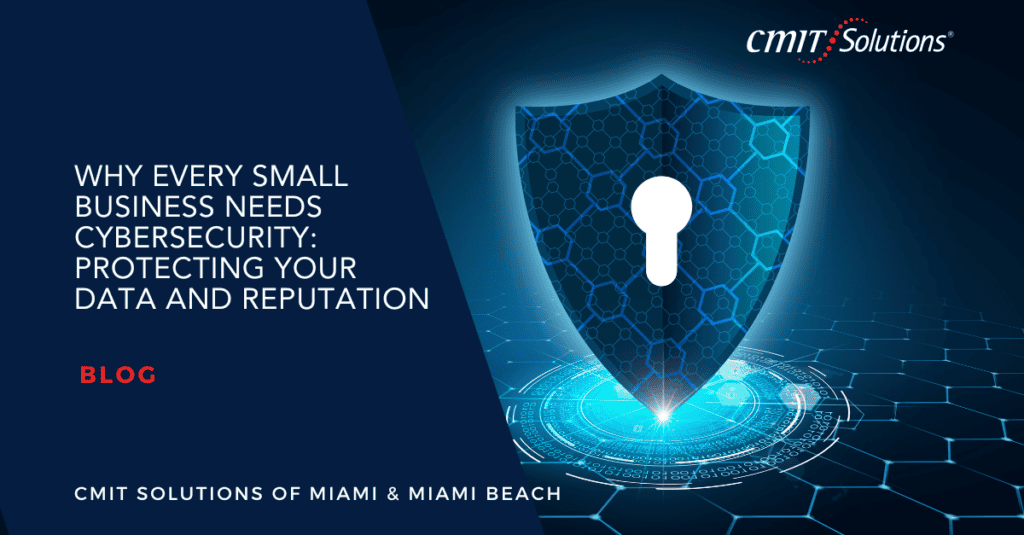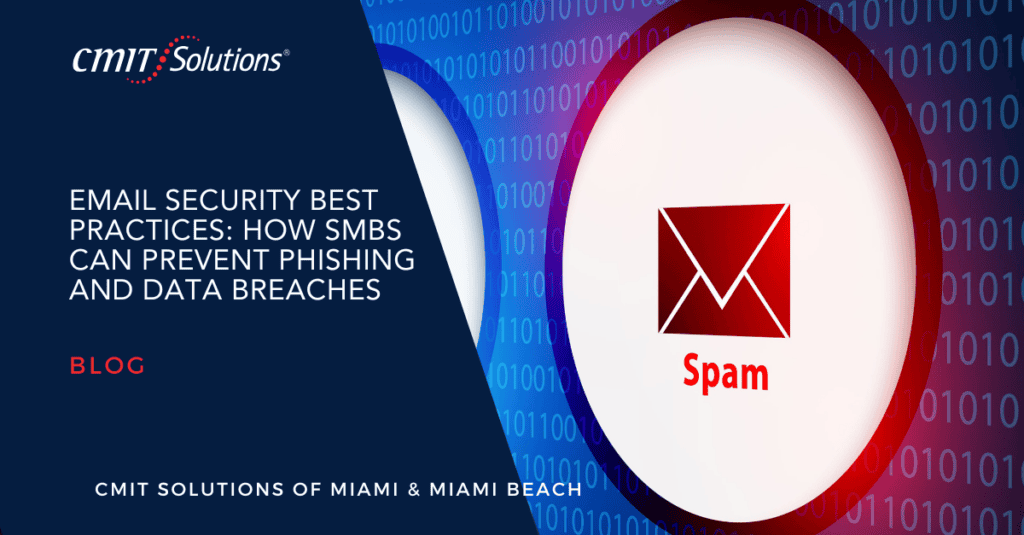Introduction: Understanding Cyber Fatigue in Small Businesses
In today’s digital landscape, small businesses are bombarded with constant cybersecurity threats. From phishing attacks to ransomware, the demand for vigilance is unrelenting. But this ever-present pressure leads to a critical phenomenon: cyber fatigue. This mental and operational exhaustion reduces alertness, delays responses, and can result in dangerous oversights. At CMIT Solutions of Miami, we understand that cybersecurity must be both effective and manageable.
Fortunately, simplifying security doesn’t mean compromising safety. Instead, it involves creating a streamlined, layered defense that enables small businesses to function with peace of mind. Let’s explore the causes of cyber fatigue, its risks, and how small businesses can reduce complexity while maintaining robust protection.
What Is Cyber Fatigue?
Cyber fatigue refers to the weariness that sets in when individuals or teams are overwhelmed by persistent cybersecurity requirements. This can manifest as:
- Reduced attention to alerts
- Inconsistent compliance with best practices
- Poor password management
- Delayed response to incidents
Over time, this apathy creates vulnerabilities. For example, employees may ignore security warnings or use weak passwords. In fact, studies show that employee behavior accounts for over 80% of security breaches.
Common Causes of Cyber Fatigue in SMBs
- Overload of Tools and Alerts: SMBs often invest in multiple security solutions that operate independently. This results in tool sprawl and alert fatigue.
- Lack of In-House Expertise: Without dedicated IT teams, the burden falls on staff who may lack the training to manage threats effectively.
- Constant Fear Messaging: Cybersecurity news is often fear-driven, which can heighten stress and diminish resilience over time.
- Reactive Posture: Many small businesses adopt a break-fix model, reacting to incidents rather than proactively preventing them.
To shift from fatigue to fortification, SMBs must embrace proactive, simplified, and integrated approaches.
Simplifying Security Without Sacrificing Protection
-
Unified Security Platforms
Rather than juggling isolated tools, small businesses can benefit from unified platforms that offer multi-layered defenses. Solutions like Microsoft Intune MDM and Microsoft 365 create cohesive ecosystems that are easier to manage. Microsoft 365 for business growth exemplifies how integration simplifies workflows while boosting security.
-
Proactive IT Maintenance
Routine maintenance and continuous monitoring help prevent issues before they escalate. Implementing proactive IT maintenance mitigates cyber risks while lightening the mental load on teams.
-
Managed IT Services
Outsourcing to experts reduces internal strain and boosts resilience. With managed IT services, businesses enjoy 24/7 monitoring, response, and strategic guidance.
-
Automated Data Backup
Data loss can be catastrophic, especially if recovery protocols are unclear. Simplify security by leveraging data backup and disaster recovery solutions that automate and streamline the process.
-
Consolidated Cloud Services
Cloud solutions improve agility and reduce hardware dependence. Adopting cloud services simplifies infrastructure management and enhances cybersecurity through centralized control.
Cybersecurity Best Practices That Are Simple Yet Strong
-
Employee Education
Effective security starts with informed users. Tailored, routine cybersecurity training equips teams to recognize threats and respond appropriately.
-
Email Security Protocols
Emails remain the top attack vector. Implementing strong email security protocols like spam filtering and MFA can reduce breach risk.
-
Backup Testing and Reviews
A backup is only as good as its restore. Regularly reviewing and testing your backup strategy ensures your safety net actually works.
-
Incident Response Plans
Having a clearly defined response plan saves critical time during a breach. This includes roles, communications, and recovery actions—a must-have for every small business.
Reducing Alert Fatigue with Smart Technologies
Modern tools help SMBs fight cyber fatigue by prioritizing the most critical threats. Here are some effective tactics:
- Endpoint Detection and Response (EDR): Advanced EDR solutions isolate malicious behavior without flooding your team with false positives.
- SIEM Integration: SIEM platforms provide centralized insights, helping to filter noise and focus on real threats.
- Multi-Layered Security: A multi-layered approach ensures overlapping defenses that catch what others miss.
Real-World Results: Simplified Security in Action
Case studies show that businesses that simplify and centralize security are more resilient. For example, by adopting a unified platform and managed services, SMBs have seen:
- 60% drop in false security alerts
- 75% faster response times
- Reduced downtime by up to 80%
At CMIT Solutions of Miami, our clients who implement these strategies gain confidence, stability, and time back in their day.
Conclusion: A Simpler, Stronger Future for Small Business Security
Cyber fatigue is real—but it’s not inevitable. By simplifying security systems, prioritizing employee training, and relying on trusted partners like CMIT Solutions of Miami, small businesses can fight back against cyber threats without draining their teams.
Streamlining tools, automating backups, and implementing layered defenses ensures that businesses stay secure and productive. With the right mix of technology and expertise, cybersecurity can become a seamless part of your operations, not a daily source of stress.
Let CMIT Solutions of Miami be your guide to stronger, simpler cybersecurity solutions. Because when you remove the noise, you can focus on what really matters: growing your business safely.






